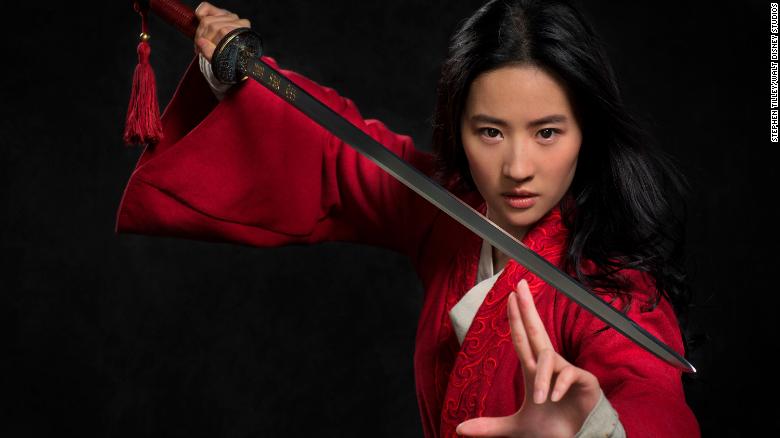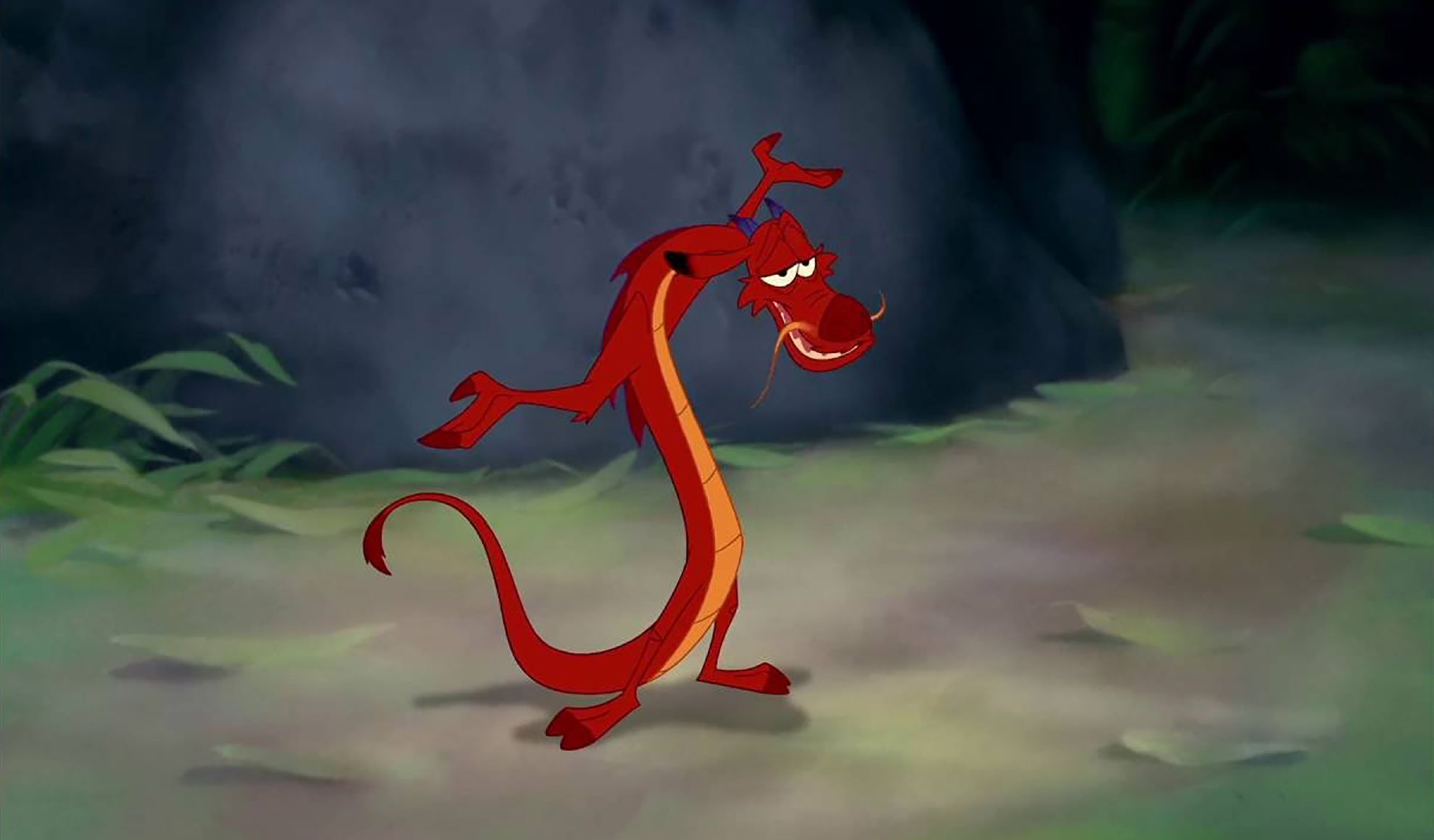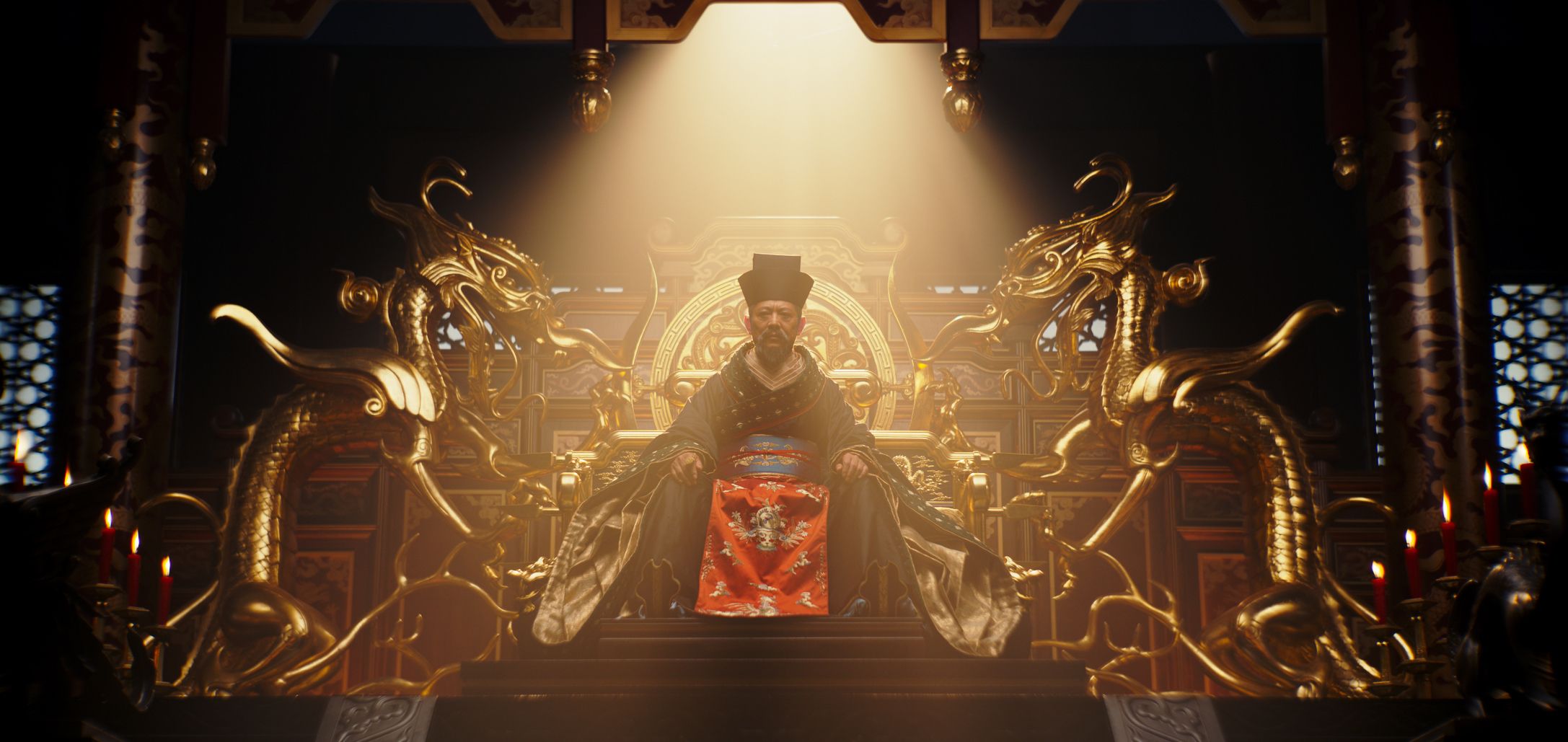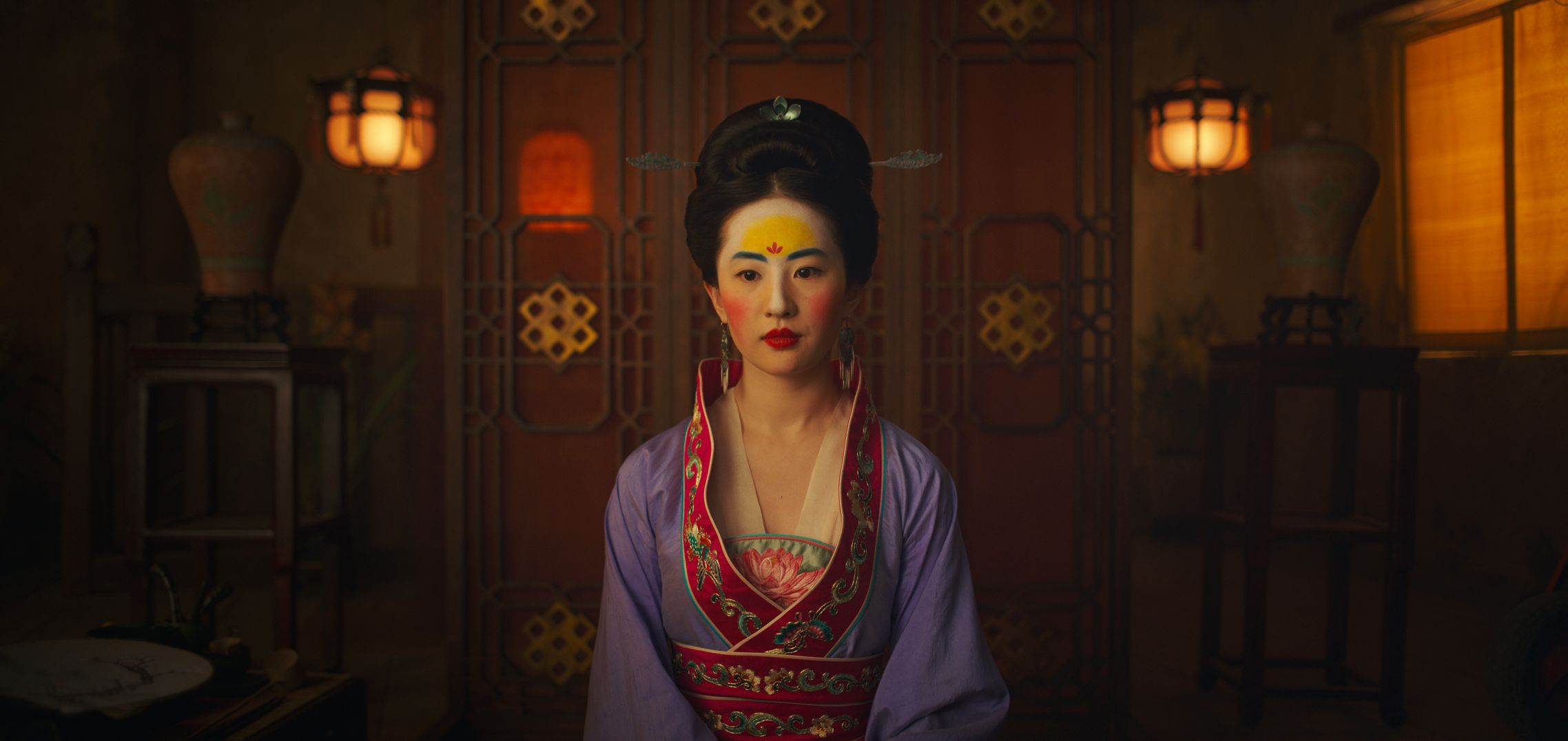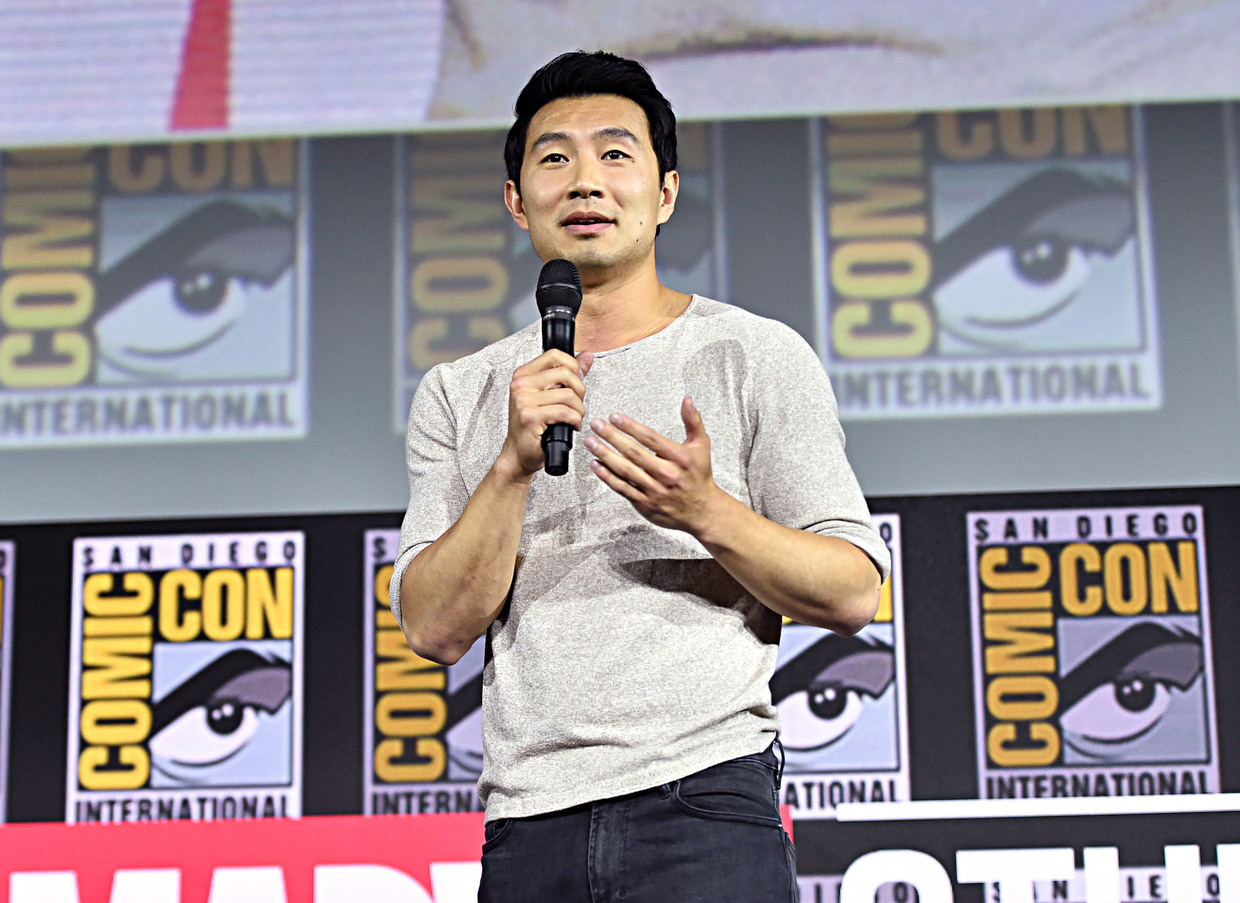JANUARY 17, 2020 12:34PM PT
Hollywood’s Go-To Asian Dad Tzi Ma Dishes on ‘Mulan’ and Oscar Snub for ‘The Farewell’
By REBECCA DAVIS

CREDIT: KATE SZATMARI
One person who was not surprised that “The Farewell” bid goodbye to any chance of an Oscar earlier this week was actor Tzi Ma, who played Awkwafina’s father in the film.
“I didn’t expect it. There were exactly zero dollars promoting the film in any way,” Ma tells Variety. “Awards are a beauty pageant. People campaign for it. The fact that we made such an audience impact is what made it so important – the recognition that we don’t have to campaign for.”
Yet while the Golden Globe-winning title was hailed as a triumph of Asian American storytelling in the U.S., it has performed disastrously in China, earning less than $1 million despite being shot by a China-born director with a predominantly Chinese cast. Its poor performance raises the question of how Chinese audiences will respond to the “Chinese-ness” of Disney’s “Mulan,” helmed by Kiwi director Niki Caro.
Ma plays the patriarch in “Mulan,” which opens March 27, and will again take on the Asian dad role alongside Joan Chen in Alan Yang’s “Tigertail” for Netflix, forthcoming in April.
With no fear of being typecast, he jokes that he has “already done so many different things – this is just the fun part. My list of screen daughters is powerful. I put that team on a field and we’ll win every game.”
But it remains to be seen whether Chinese actress Liu Yifei’s Mulan will be powerful enough to carry her highly anticipated blockbuster to new heights.
Ma says that whatever its outcome in the world’s second largest film market, the movie’s very existence as a blockbuster of this scale is itself “a statement.”
“It’s rare and unheard of for Disney to (put) down this kind of money for an entirely Asian cast. ‘Crazy Rich Asians’ at $30 million, no problem. But $300 million? I don’t think so.” he said. “I’m proud of this film because the powers that be gave us a lot of money to make it happen.”
He addressed some of the concerns that have arisen around accuracy and representation in “Mulan,” including the complaint that Caro is not Asian or Chinese.
“It’s really unfair – you need to see the work first before you complain about someone you know very little about,” he says. “I just hope that people will at least give the film a chance and judge it on its merits instead of all these biases.”
He himself didn’t know what to expect from Caro or the production at first, as he still hadn’t seen a script even while in talks for the part. “All the studios are doing that now, keeping everything so under wraps. It drives me crazy. This is not Pulitzer Prize-winning writing here,” he jokes.
But Caro ultimately won his confidence with the sensitivity and attention she brought to the film’s female roles, and her mostly female creative team’s attention to historical, period detail.
Yet despite such research, some of the first reactions in China to the “Mulan” trailer were of dismayed befuddlement over historical inaccuracies. This Mulan lives in a traditional “tulou” roundhouse – a visually striking structure, to be sure, but one that didn’t exist until a thousand years after the story is set, and is found only in southern, coastal Fujian province amongst the Hakka people, rather than the hero’s native north.
Ma says such choices were all in service of making the visuals pop. “I hope they can forgive us for that, because the look of it is just so gorgeous. I hope people take it in the spirit of art, rather than nitpick and complain about this or that.”
Although they picked up some second unit shots, the crew didn’t end up actually shooting in China, despite trying for a year to make it happen.
Other viewers have questioned why the “Mulan” characters speak in a Chinglish-like accent. Ma calls it “a slight intonation that hopefully gives the feel of period speech as opposed to accented speech,” explaining that it was a very deliberate decision made in order to make it seem as though the American and non-native English speaking Chinese cast all came from the same time and place.
“You’ve got to find some cohesiveness about this group of people. And it’s a period piece – we don’t want to take you out of the reality of the past,” he says.
Superstar Liu, who is perhaps more revered by mainland Chinese audiences for the classical shape of her face and features than for her acting skills, has in the past been dubbed “box office poison” by her snarkier local critics. But in Ma’s eyes, “she’s the real deal.”
Hong Kong pro-democracy protesters called for a boycott of “Mulan” after Liu posted messages to her social media platforms repeating Communist Party propaganda in support of the local police force there who have been internationally criticized for brutal tactics.
Hong Kong-born Ma doesn’t take a stance himself, but condemns the violence that has occurred on both sides. “Just because I was born in Hong Kong doesn’t mean I know Hong Kong,” he says. “What’s the end game here?”
He also pooh-poohed the monetary might of the boycott itself. “I don’t think it’s going to be impactful,” he says. “Really, what’s Hong Kong going to do? They’re going to ask who to boycott? How many people are going to sympathize with your cause?”
Meanwhile, the very personal film “Tigertail” will showcase a different kind of Asian story at a more intimate scale. Written and directed by “Master of None” co-creater Yang, it spans the 1950s to the present day to tell the story of his father’s decision to leave Taiwan and come to America.
Much of it is in Taiwanese, with the Taiwan-set parts shot on film in Yang’s actual hometown, and New York scenes shot in digital.
“It shows us a side of Alan I didn’t think he had,” Ma says.
In the film, the father character enters an arranged marriage that gives him the opportunity to come to America as a young man, leaving behind his life and a woman he actually loved in Taiwan. Years later, divorced and ready to retire, he returns with his daughter to try and reconnect with his past.
Ma is thrilled to see more Asian American stories getting their time to shine. “Why is it that when we come out we have to hit a ****ing home run every time? Everyone else is afforded the time to grow, to fail and then survive,” he says.
“There are still too few stories about us. Quantity matters. We need the numbers so that all our people’s hopes and dreams aren’t just pinned on one thing.”




 Reply With Quote
Reply With Quote



